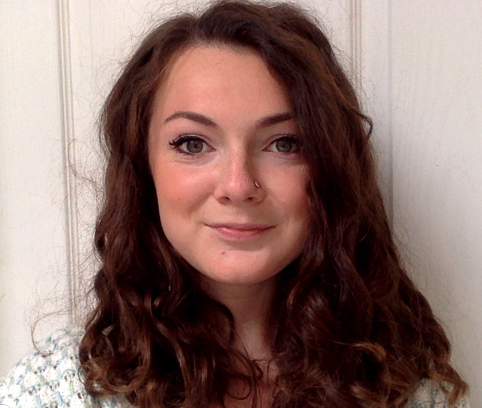Introduction
I am in the second year of my PhD in Sociology/ Social Policy at Durham University. Before Christmas I completed a 3-month secondment as a social researcher at the Department for Work and Pensions (DWP) in Newcastle-upon-Tyne.
NINE DTP circulated the call for applications for this last year – three different opportunities were advertised, for working on different strands of policy research within DWP. I applied as I was interested in finding out more about government social research as an option for a non-academic research career. Although the posts were all unrelated to my own PhD topic, I thought the experience of working in the UK’s largest public service department would provide good insight into how research and evidence is used to inform policy making, and to see what government analysts do on a day-to-day basis.
Application
The application process was straightforward, involving an application form asking for the detail of relevant skills and experience, and the motivation for wanting to undertake the secondment, followed by a phone interview as the subsequent stage. When I found out I had been successful, I was granted an extension and I paused my PhD work to do the placement.
What I did and what I gained
Whilst at the DWP I conducted an extended literature review focussed on identifying existing best practices and challenges within a specific policy initiative. This had been commissioned before I started, following a meeting with the then-Secretary of State in the previous year, and its aim was to inform how funding for proposed similar interventions would be best utilised. Conducting this was good experience in finding and synthesising a wide variety of literature – from policy evaluations and existing government research, to research conducted by think tanks and the charity sector, as well as academic literature. I also gained experience in writing the review for a non-academic audience, learning what DWP policy colleagues wanted and needed to know. I found that I applied a lot of material learnt in my Masters programme (Social Research Methods and Social Policy) to the literature review task, as I was able to critically evaluate the design and conclusions of existing policy evaluations, particularly around intervention targets and quantitative evaluation techniques.
I am presenting the key findings of my literature review to my directorate (team working on broad policy area) next month. This will give me good practice presenting to a non-academic audience that includes a range of stakeholders – other social researchers, more quantitatively-focused analysts, and policy colleagues – and synthesising my conclusions drawn from the literature into practical suggestions that can be taken forward in the policy design process.
Beyond the main task of the literature review, I was also a member of the qualitative research pool and was given opportunities to use my qualitative skills in other research happening across the department. For instance, I conducted focus groups with Sheffield-based analysts. I also got to attend sessions and presentations with the rest of my team, as well as training events for social researchers on the Civil Service Fast Stream, such as a policy workshop in Leeds.
In the Newcastle office, I sat with a team of other analysts (primarily statisticians and social researchers) as well as policy colleagues, working in the same directorate. I was a full member of the team, and was invited to the team away day in London and the Christmas parties for Newcastle-based colleagues in my directorate and the wider office. I felt thoroughly integrated into the team, and am still in touch with the friends I made in the Newcastle office. The other members of my directorate sub-team were based in Sheffield, but most of the work and meetings with colleagues across the DWP is done remotely using Skype and conference calls, so being based away from them was not an issue at all. I felt very supported throughout the secondment, and my line manager who had done a PhD himself was at the other end of the phone should I have any questions.
I really enjoyed my time doing the secondment, and would recommend taking up a similar opportunity to anyone considering alternative social research careers to academia – in just three months I think I gained good exposure to research of this kind due to being given a good level of responsibility and being fully immersed in the team. Due to the security checks that are required to do a placement within a government department, it can be several months between your offer of the placement to actually starting, and therefore I would advise to only apply if your PhD research allows you to be flexible with timings.

